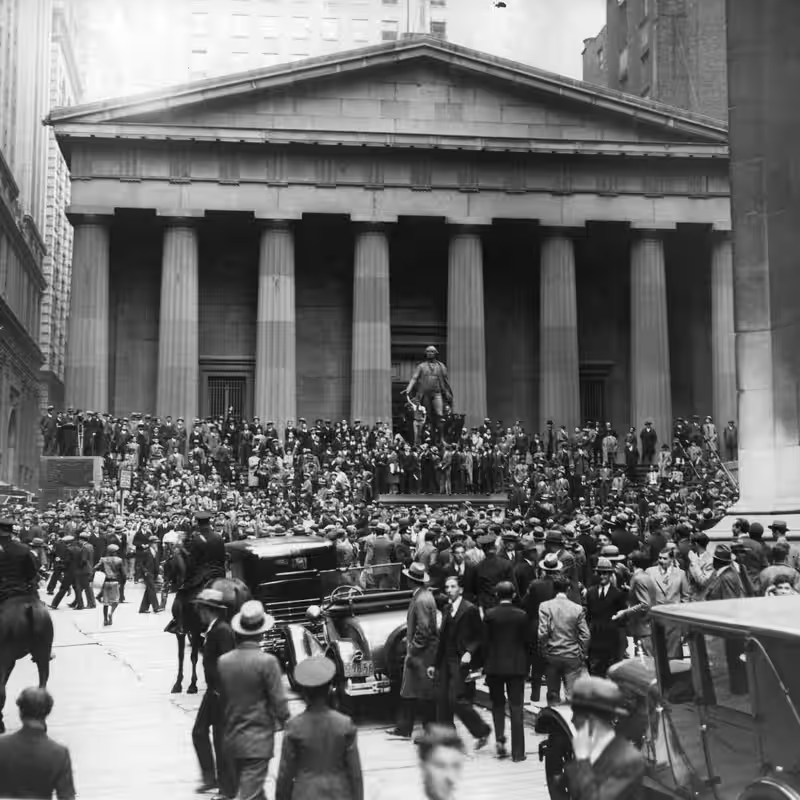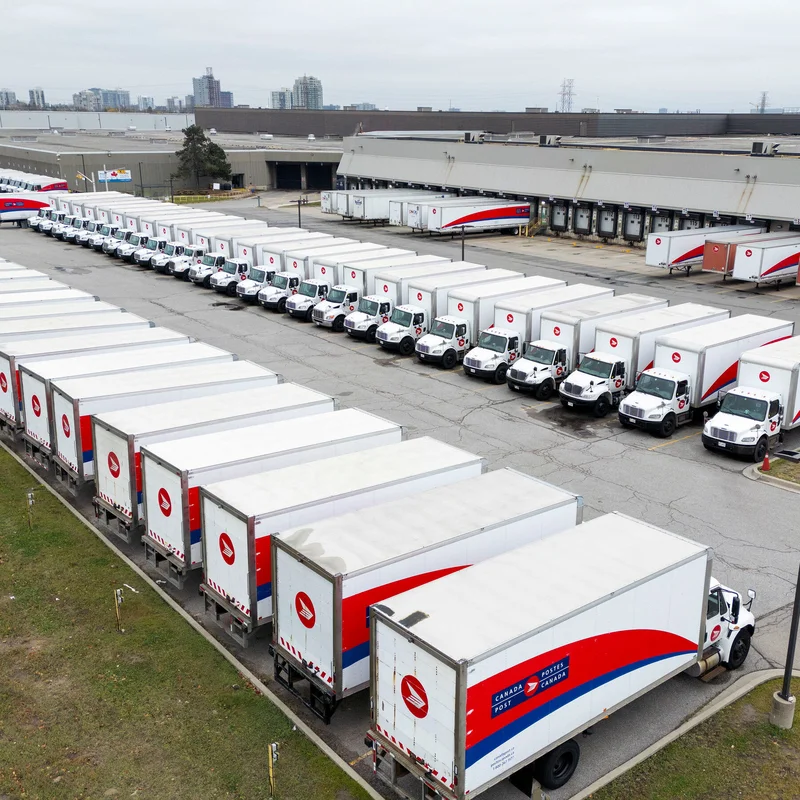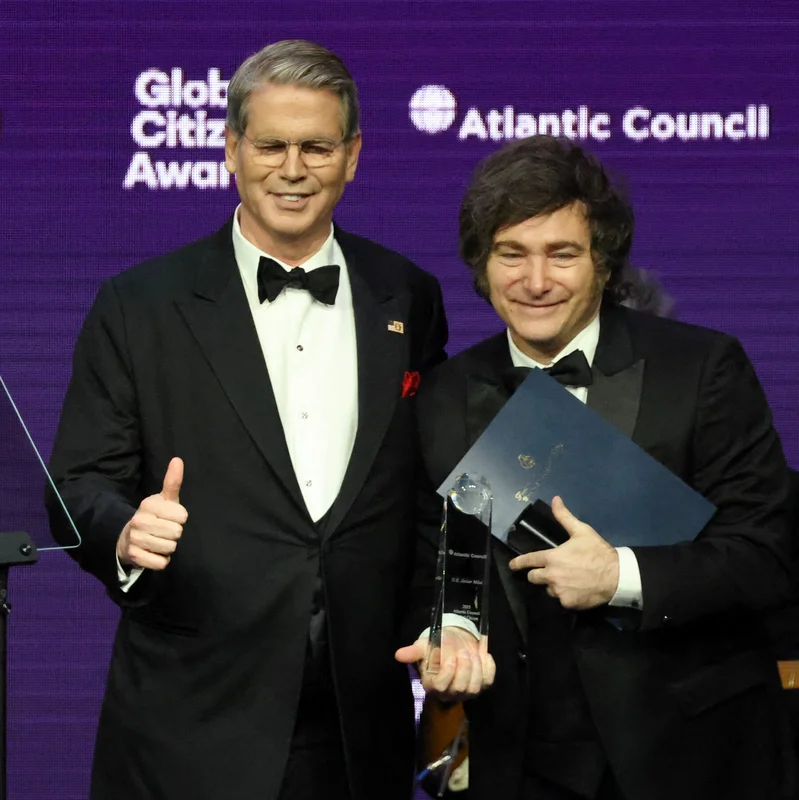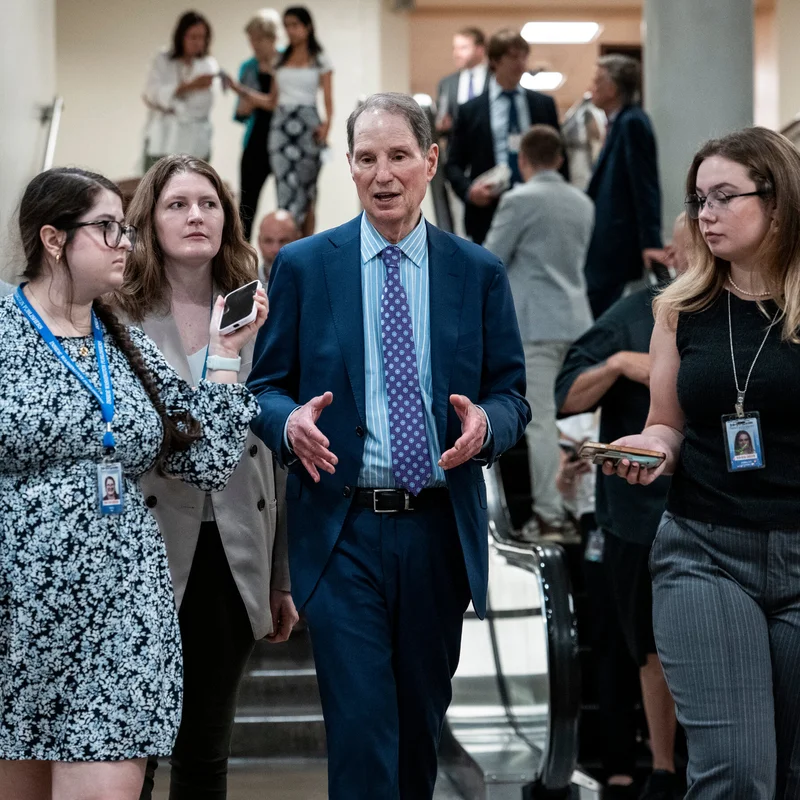Table of Contents
- Rethinking Speculation in American History
- What the 1929 Crash Really Tells Us
- How Risk Fuels Innovation and Growth
- Speculation in Today’s Economy
- The Fine Line Between Vision and Excess
- Sources
Speculation Isn’t a Bug—It’s Built Into America’s DNA
In a bold and counterintuitive take, New York Times columnist and DealBook founder Andrew Ross Sorkin argues that speculation—often vilified as reckless greed—is not a flaw in America’s economic system but a foundational force behind its success.
Writing from Los Angeles during his book tour for “1929,” Sorkin challenges the conventional narrative that paints financial risk-taking as inherently dangerous or immoral. Instead, he positions speculation as the spark that has repeatedly ignited American innovation, entrepreneurship, and wealth creation.
What the 1929 Crash Really Tells Us
Most history books frame the 1929 stock market crash as a cautionary tale of hubris and irrational exuberance. But Sorkin urges readers to look deeper. “When people speak of the 1929 crash, they often speak of sin, greed, hubris,” he writes. “At the heart of their indignation, always, is speculation.”
Yet Sorkin contends that the same speculative energy that led to excess also powered the railroads, telegraphs, steel mills, and later, Silicon Valley. The crash wasn’t proof that speculation was wrong—it was proof that systems needed better guardrails, not that risk itself should be eliminated.
Key Historical Moments Fueled by Speculation:
- Transcontinental Railroad (1860s): Backed by massive investor bets and government land grants.
- Industrial Revolution (late 1800s): Steel, oil, and electricity ventures thrived on high-risk capital.
- Tech Boom (1990s–2000s): Venture capital speculation birthed companies like Amazon and Google.
- Crypto & AI (2020s): Modern frontiers driven by speculative investment and bold vision.
How Risk Fuels Innovation and Growth
Sorkin’s central thesis flips the script: without speculation, there is no progress. “The things I enjoy reading most are the ones that make me think, sometimes a bit uncomfortably,” he notes—mirroring his own willingness to challenge dogma.
He points out that every major leap in American economic history involved individuals betting big on uncertain futures. These weren’t just gamblers—they were visionaries who believed in possibilities others couldn’t see. And while many failed, the few who succeeded reshaped the world.
Speculation in Today’s Economy
Today’s markets—from AI startups to climate tech—are once again awash in speculative capital. Critics warn of bubbles, but Sorkin suggests we should welcome this energy—if paired with smart regulation.
“Speculation as engine” isn’t a call for recklessness, he clarifies. It’s a reminder that America’s greatness has never come from playing it safe. The real danger lies not in taking risks, but in forgetting how to manage them wisely.
The Fine Line Between Vision and Excess
Sorkin acknowledges the tension: unchecked speculation can lead to inequality, fraud, and crashes. But eliminating it entirely would stifle the dynamism that defines the American economy.
The solution? Not less speculation—but better frameworks. Transparent markets, investor protections, and ethical oversight can harness speculative energy without letting it spiral into chaos.




